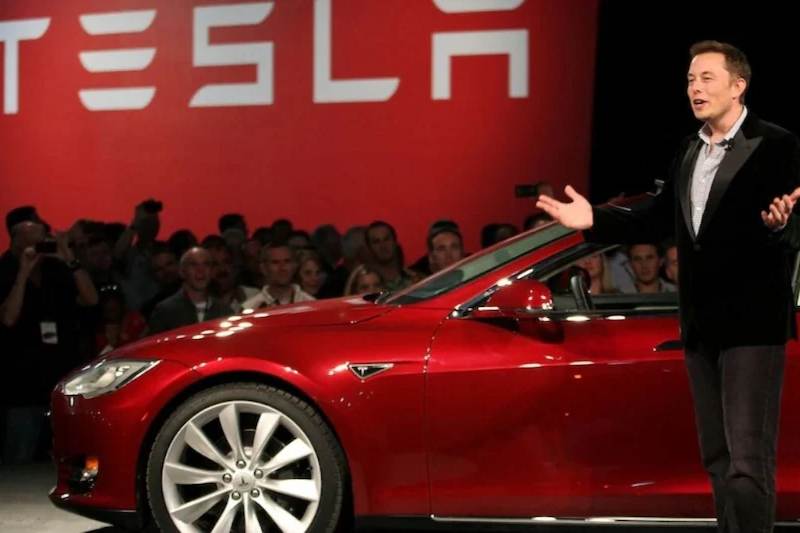
Trump’s 25% Car Tariffs 2025: How They Impact Tesla, Prices & the Auto Industry
A big shake-up is coming to the auto industry. President Trump has announced a 25% tariff on all foreign-made cars and auto parts, effective April 2, 2025.
The goal? Boost U.S. manufacturing and create jobs. But the effects could be huge—rising car prices, shifting trade policies, and winners and losers across the industry.
So, how will this impact you, Tesla, and the global car market? Let’s break it down.
A tariff is a tax on imported goods. In this case, all foreign cars and auto parts entering the U.S. will cost 25% more.
The government argues that this will push Americans to buy U.S.-made cars, boosting domestic manufacturing and jobs. Former Trump advisor Peter Navarro, a long-time advocate of trade protectionism, supports this move as a way to strengthen American industry.
However, the reality is more complex. Even American automakers depend on foreign parts, meaning higher costs across the board.
Thinking about buying a car? You might want to act fast.
Industry experts predict car prices will rise by thousands of dollars. This will hit brands like Toyota, Honda, BMW, and Mercedes the hardest, as they manufacture many cars abroad.
Even Ford and General Motors (GM), which assemble cars in the U.S., could see higher prices due to their reliance on foreign-made parts. The effects on the economy are clear—tariffs on cars will drive up costs for consumers and manufacturers alike.
One company stands to benefit the most from these tariffs—Tesla.
Elon Musk’s EV giant builds all its vehicles in the U.S. That means no tariff-related price increases for Tesla models, while competitors struggle with rising costs.
This gives Tesla a huge edge in the U.S. market. Rivian, another American electric car maker, also stands to gain, as both companies avoid the price hikes hitting foreign brands.
The biggest losers? Traditional automakers.
Even though companies like Ford, GM, and Stellantis build many cars in the U.S., they rely on imported parts. This means their production costs will skyrocket, and they’ll have to pass those costs on to consumers.
Foreign automakers like Toyota, BMW, and Volkswagen will be hit even harder. Higher prices could mean fewer sales and potential job cuts at U.S. plants.
Ironically, these tariffs could help China and other foreign competitors.
With U.S. prices rising, international automakers may focus on other markets like Europe and Asia. Meanwhile, Chinese EV makers like BYD could expand aggressively, taking market share away from American companies.
If tariffs push up costs in the U.S., global EV innovation may shift elsewhere, leaving American automakers struggling in the long run.
The trade war has already started.
In response to Trump’s tariffs, Canada has barred Tesla from its EV rebate program and frozen pending payments. This is a direct retaliation against U.S. policy and could hurt Tesla’s sales in Canada.
Other countries may follow, leading to a wider trade war that shakes up the entire auto industry.
If you’re in the market for a new car, now might be the best time to buy.
With tariffs set to take effect soon, automakers may raise prices quickly to offset increased costs. If you’re considering an EV, Tesla and Rivian might offer the best deals, as they’ll be less affected by tariffs.
Trump’s 25% car tariffs are a bold move with major consequences.
Whether this policy strengthens the U.S. auto industry or backfires remains to be seen. One thing is clear—the road ahead is uncertain. Buckle up.